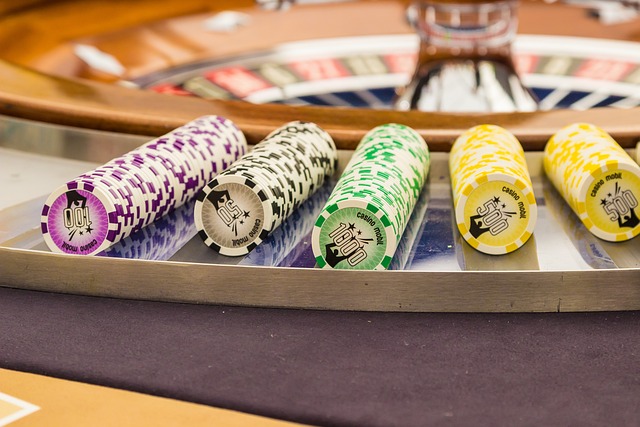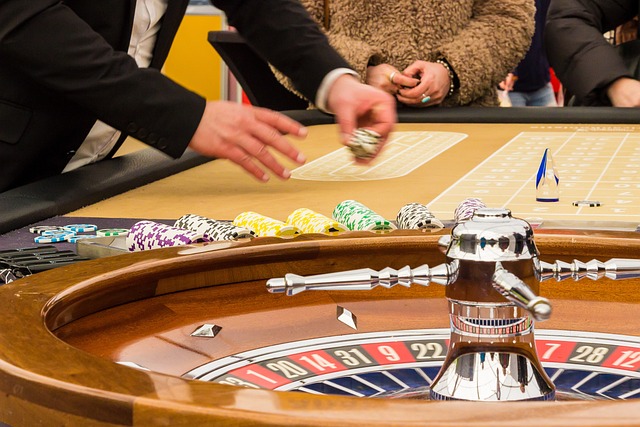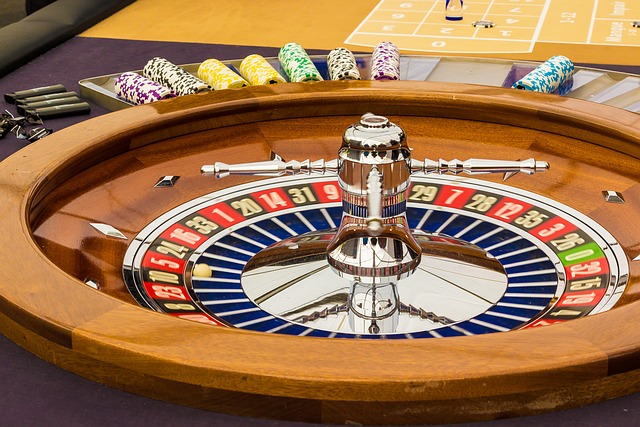Gambling has been a part of human culture for centuries, captivating individuals with its allure of risk, reward, and the possibility of striking it rich. However, behind the glitz and glamour of casinos and online gambling platforms like 22Bet Login lies a complex world driven by the psychology of the gambler’s mind. Understanding the psychological factors that influence gambling behavior is essential for both individuals struggling with gambling addiction and researchers studying this phenomenon.
Intermittent Reinforcement
One key aspect of the gambler’s mind is the concept of intermittent reinforcement. In gambling, intermittent reinforcement refers to the unpredictable nature of rewards. Slot machines, for instance, use random number generators to determine winning combinations, ensuring that wins occur at irregular intervals. This creates a sense of excitement and anticipation as gamblers chase that elusive big win. The intermittent nature of rewards triggers the brain’s reward system, releasing dopamine, a neurotransmitter associated with pleasure and motivation. This dopamine release reinforces the behavior, making the gambler more likely to continue playing.
Near-Misses

The gambler’s mind is also influenced by the concept of the near-miss. Near-misses occur when a gambler comes close to winning but falls just short. For example, in a slot machine, getting two cherries with the third one barely missing. Research has shown that near-misses can actually increase the motivation to continue gambling. The brain interprets near-misses as a sign of progress or an almost successful outcome, leading to increased arousal and further engagement. This phenomenon explains why gamblers often interpret near-misses as a signal to keep playing, even though the outcome is purely random.
Cognitive Distortion
Another important aspect of the gambler’s mind is cognitive distortion. This refers to the tendency to have irrational beliefs or biases when it comes to gambling. For example, gamblers may develop a belief in luck or superstition, thinking that certain rituals or behaviors can influence the outcome of a game. This belief in luck can lead to a sense of control over unpredictable events, providing a false sense of security and encouraging continued gambling. Cognitive distortions can also manifest as the gambler’s fallacy, where individuals believe that past outcomes affect future probabilities. For instance, if a roulette wheel lands on red multiple times in a row, some gamblers may erroneously think that black is now more likely to come up. This flawed thinking can lead to poor decision-making and significant financial losses.
Social Reinforcement

The gambler’s mind is also susceptible to the allure of social reinforcement. Many gambling activities, such as playing poker or betting on sports, involve social interactions. The presence of others, whether in-person or online, can influence gambling behavior. Observing others’ wins and positive experiences can fuel a desire to participate and replicate those outcomes. Additionally, social pressure can play a role, as individuals may feel compelled to continue gambling to maintain their reputation or fit in with their social circle. The desire for social acceptance and the fear of missing out can significantly impact a person’s gambling habits.
Key Takeaways
Understanding the psychology of the gambler’s mind is crucial for developing effective interventions and treatments for gambling addiction. Recognizing the powerful role of intermittent reinforcement, near-misses, cognitive distortions, and social reinforcement can inform strategies aimed at mitigating the negative consequences of excessive gambling. It highlights the importance of providing alternative sources of reward and pleasure to individuals struggling with addiction, such as engaging in hobbies, building social connections, or pursuing meaningful goals.
